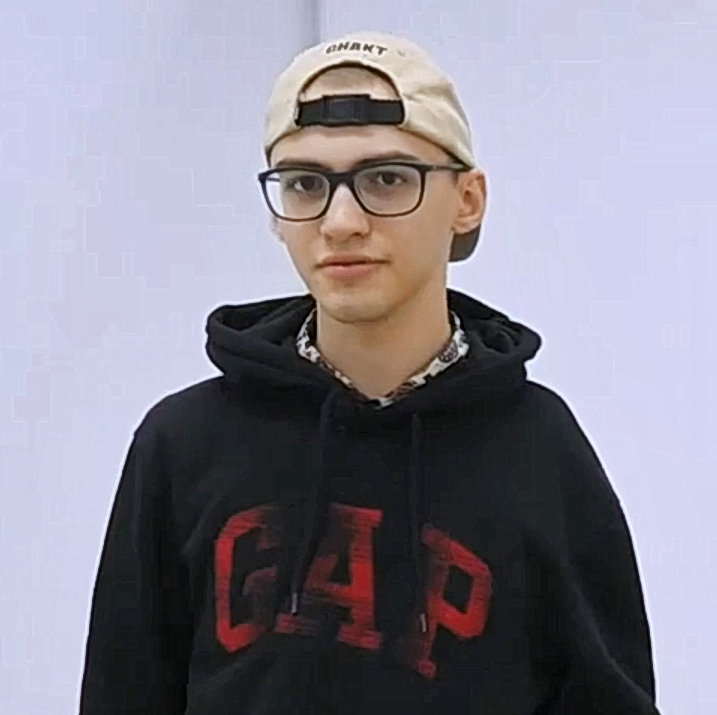A series of children’s drawings have gone viral on Ukrainian social media after an artist organized a controversial art contest for kids called “My Favorite Oligarch.”
The odd contest, held between Sept. 25 and Oct. 25, invited six- to 14-year-old children to draw their best-loved Ukrainian business tycoon, provoking laughter, confusion and anger online.
Maksym Khodak, a local artist and the event’s organizer, faced backlash on social media from people who believed that the contest was politically incorrect and reminiscent of Soviet-era propaganda.
The contest’s Facebook page described it as an attempt “to show gratitude to the oligarchs” to whom Khodak suggested Ukrainians “owe for many years the development of our economy, raising of the image of Ukraine and the preservation of natural resources!”
In reality, however, the artist had a different message.
Although Khodak received and judged 26 entries and posted the results online, the entire contest was actually an artistic stunt intended to expose the hopelessness of an “oligarchic” society that is dependent on the status quo and resistant to change, he said.
The ironic and critical nature of the initiative was not obvious to everyone, but it proved its point: The angry public threatened the author instead of taking offense at the social conditions that allowed such a contest to take place and receive entries.

Maksym Khodak, a Ukrainian artist who organized an art contest for kids called “My Favorite Oligarch.” (Courtesy)
Some critics said the contest raised ethical issues and suggest that children had been coerced into participating.
But Khodak denies that anyone was coerced.
“I did not use coercion against children in any way,” Khodak said. “Participation in the competition on my part was completely voluntary.”
“I did not have any leverage to force children. For example, I did not post posters in schools or turn to familiar teachers. All I did with the announcement of the contest was spread it to various relevant Facebook groups and also used Facebook advertising on it.”
Responding to an article on the Novoye Vremya news site that claimed the organizer had drawn all the entries himself, Khodak said this was a mistake by the journalist.
“And thank you for your attention, they should write about it,” he said. “All the drawings are created by children. I can’t say that all the drawings were done without the help of parents, but I can say unequivocally that I have nothing to do with creating the drawings.”
Khodak also said he did not try to influence the participants.
“The children had free choice of whom to portray in their drawings,” he said. “There was no list. If you look closely at all the drawings of the participants, there are quite free interpretations of the word oligarch, as well as some critical work.”
He also denied that he was trying to express gratitude to oligarchs.
“In contrast to my competition, I wanted to actualize the problem of the influence of oligarchs and criticize the situation in Ukrainian society,” Khodak said.
“I have constantly heard political calls to fight oligarchism in Ukraine (since my childhood). I grew up, but no significant changes took place. Now a new generation of children is growing up, who continue to hear about the fight against them.”
